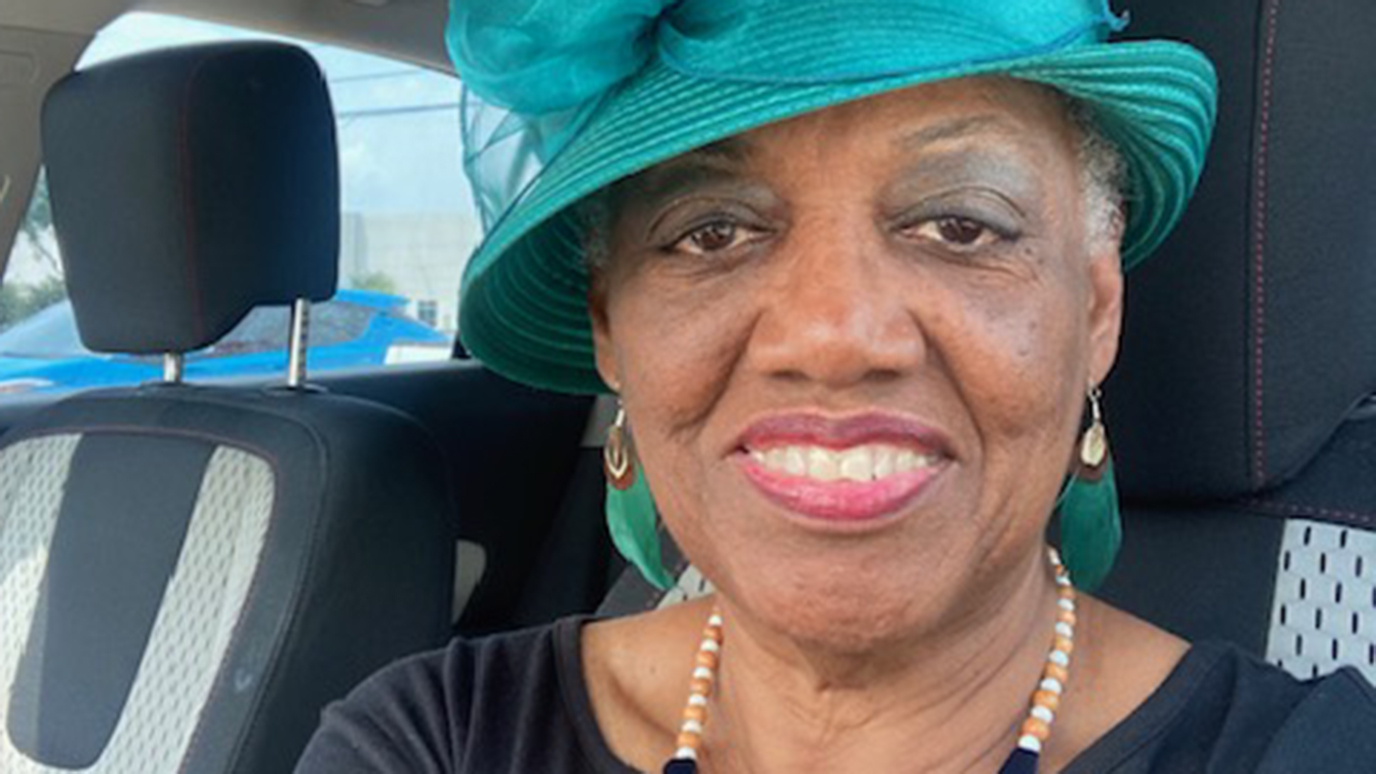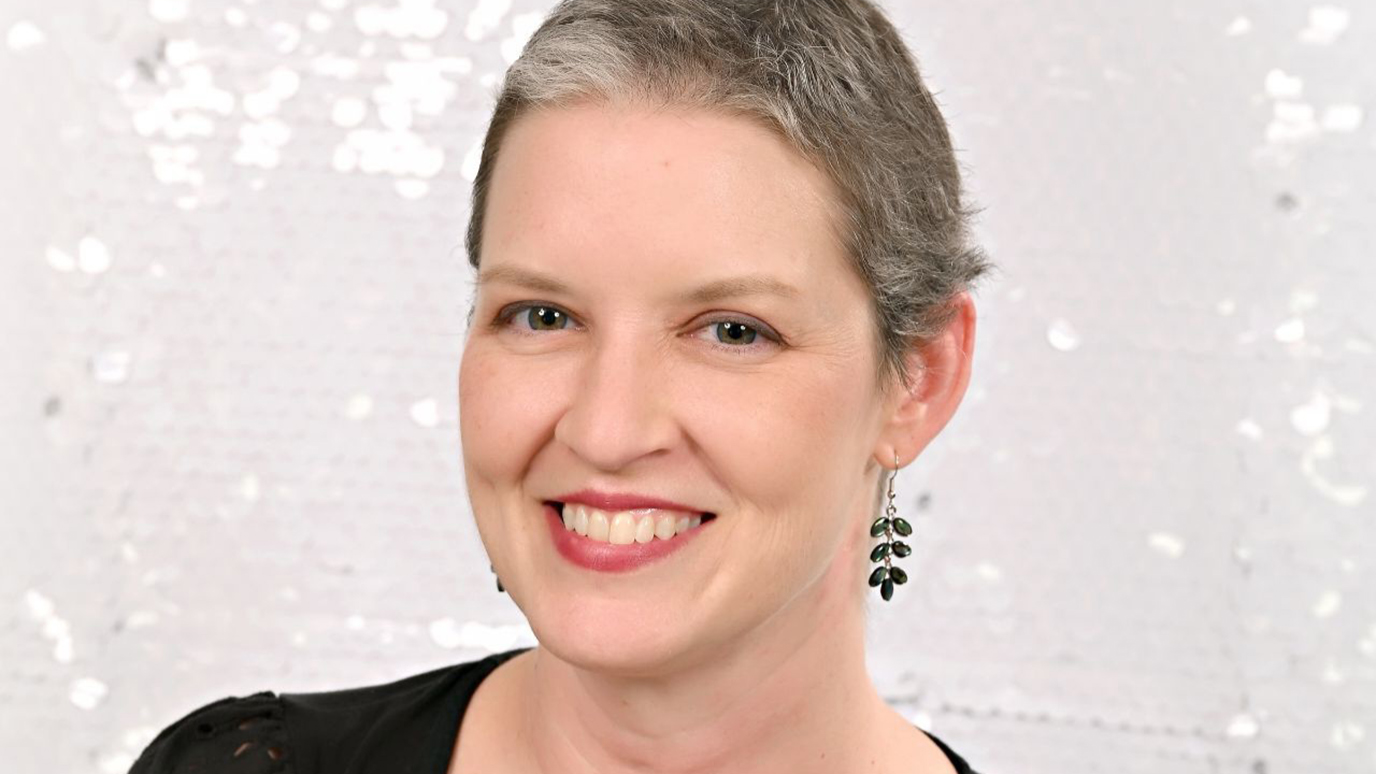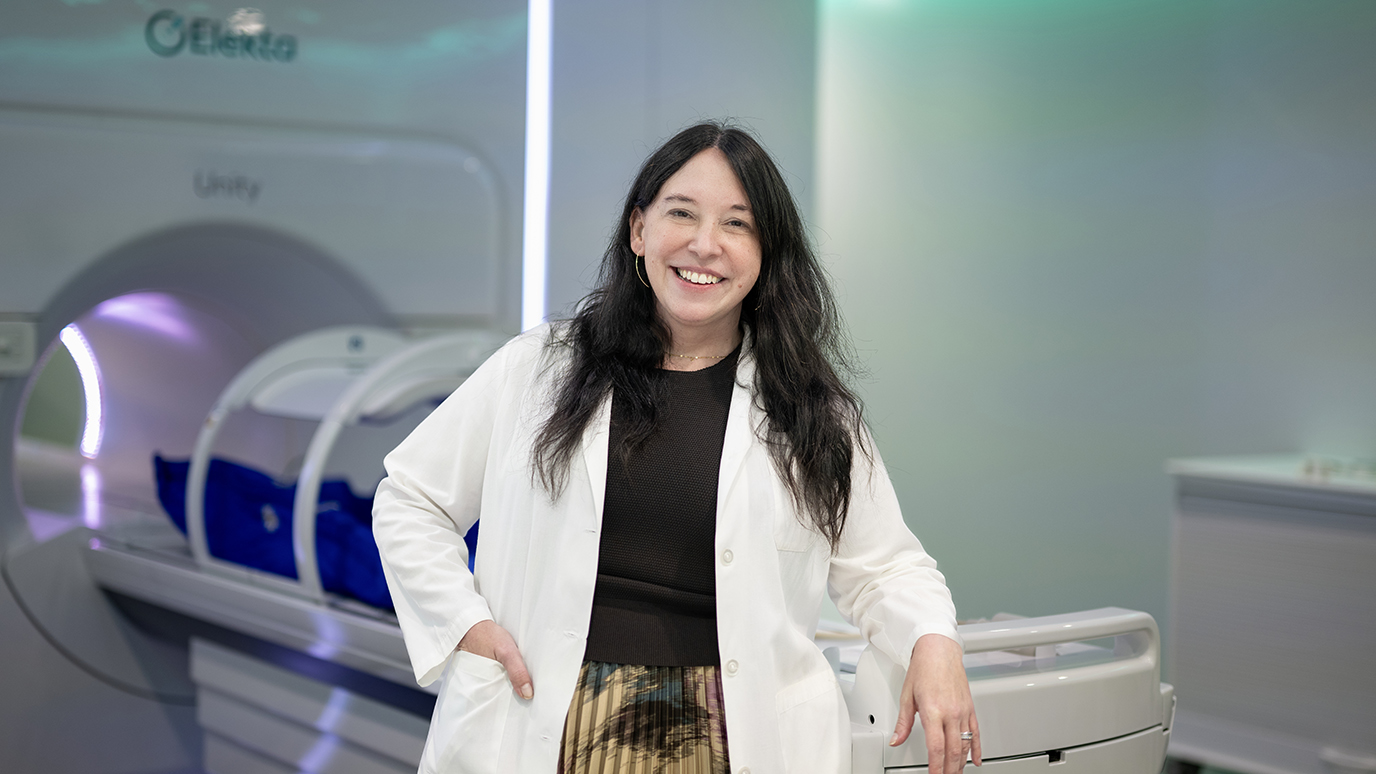- Diseases
- Acoustic Neuroma (14)
- Adrenal Gland Tumor (24)
- Anal Cancer (68)
- Anemia (2)
- Appendix Cancer (16)
- Bile Duct Cancer (26)
- Bladder Cancer (72)
- Brain Metastases (28)
- Brain Tumor (232)
- Breast Cancer (718)
- Breast Implant-Associated Anaplastic Large Cell Lymphoma (2)
- Cancer of Unknown Primary (4)
- Carcinoid Tumor (8)
- Cervical Cancer (162)
- Colon Cancer (166)
- Colorectal Cancer (118)
- Endocrine Tumor (4)
- Esophageal Cancer (44)
- Eye Cancer (36)
- Fallopian Tube Cancer (8)
- Germ Cell Tumor (4)
- Gestational Trophoblastic Disease (2)
- Head and Neck Cancer (14)
- Kidney Cancer (128)
- Leukemia (342)
- Liver Cancer (50)
- Lung Cancer (286)
- Lymphoma (278)
- Mesothelioma (14)
- Metastasis (30)
- Multiple Myeloma (100)
- Myelodysplastic Syndrome (60)
- Myeloproliferative Neoplasm (6)
- Neuroendocrine Tumors (16)
- Oral Cancer (100)
- Ovarian Cancer (174)
- Pancreatic Cancer (160)
- Parathyroid Disease (2)
- Penile Cancer (14)
- Pituitary Tumor (6)
- Prostate Cancer (148)
- Rectal Cancer (58)
- Renal Medullary Carcinoma (6)
- Salivary Gland Cancer (14)
- Sarcoma (238)
- Skin Cancer (296)
- Skull Base Tumors (56)
- Spinal Tumor (12)
- Stomach Cancer (64)
- Testicular Cancer (28)
- Throat Cancer (92)
- Thymoma (6)
- Thyroid Cancer (98)
- Tonsil Cancer (30)
- Uterine Cancer (84)
- Vaginal Cancer (18)
- Vulvar Cancer (22)
- Cancer Topic
- Adolescent and Young Adult Cancer Issues (20)
- Advance Care Planning (12)
- Biostatistics (2)
- Blood Donation (18)
- Bone Health (8)
- COVID-19 (362)
- Cancer Recurrence (120)
- Childhood Cancer Issues (120)
- Clinical Trials (632)
- Complementary Integrative Medicine (22)
- Cytogenetics (2)
- DNA Methylation (4)
- Diagnosis (232)
- Epigenetics (6)
- Fertility (62)
- Follow-up Guidelines (2)
- Health Disparities (14)
- Hereditary Cancer Syndromes (126)
- Immunology (18)
- Li-Fraumeni Syndrome (8)
- Mental Health (116)
- Molecular Diagnostics (8)
- Pain Management (62)
- Palliative Care (8)
- Pathology (10)
- Physical Therapy (18)
- Pregnancy (18)
- Prevention (922)
- Research (392)
- Second Opinion (76)
- Sexuality (16)
- Side Effects (610)
- Sleep Disorders (10)
- Stem Cell Transplantation Cellular Therapy (216)
- Support (402)
- Survivorship (322)
- Symptoms (182)
- Treatment (1788)
What to say to someone with cancer
2 minute read | Published September 15, 2014
Medically Reviewed | Last reviewed by an MD Anderson Cancer Center medical professional on September 15, 2014
When I was undergoing melanoma treatment, I encountered a lot of people who struggled to find the right words to say to me.
I get it: it's awkward. But the things you say can have a big impact on cancer patients. Some things may do more harm than good. This includes things like "My cousin's friend's nephew's aunt had that same kind of cancer. She died." Ditto for "Have your tried eating kale? I heard that gets rid of cancer."
To help make the world a kinder place for cancer patients, I got together with some friends and made a list of what to say to someone with cancer.
Here's our list.
"This really sucks!"
Preach! Cancer sucks. Chemo sucks. Radiation sucks. Surgery sucks. Being bald sucks. Chances are acknowledging this will get you a smirk from most cancer patients. Sometimes just showing a little empathy can be is a huge motivator.
"How can I help?"
But you can't stop there. Most cancer patients will tell you everything's fine, even though they could really use your help with something small. So just help. Try something. Show up at 9 to drive us to our 10 a.m. appointment. Have we mentioned that we don't feel like cooking? Pop over around dinner time with some grub! Even if your idea is a total fail, try. We love and recognize the supportive gestures.
"You look beautiful!"
You can never go wrong with this one. Feel free to substitute "handsome" or "great" depending on the person.
"I don't know what to say."
It may not seem like the right thing to say, but trust me, this is fine. We know it's awkward. Try telling people, "I have cancer." We get it. This is 100 times better than saying nothing at all. Promise.
"Have you watched (insert name of latest TV show)?"
You don't have to talk about TV shows, if that's not you're thing. The point is, we're still us. Talk to us like you normally would, about the things you normally would. We still want to hear about your work drama or your kid who smears poop on the wall. I still want you to bring over ice cream and nail polish when you're going through a breakup. We get sick of cancer and just want things to be normal.
Related Cancerwise Stories

I get it: it's awkward. But the things you say can have a big impact on cancer patients.
Amanda Woodward
Survivor





